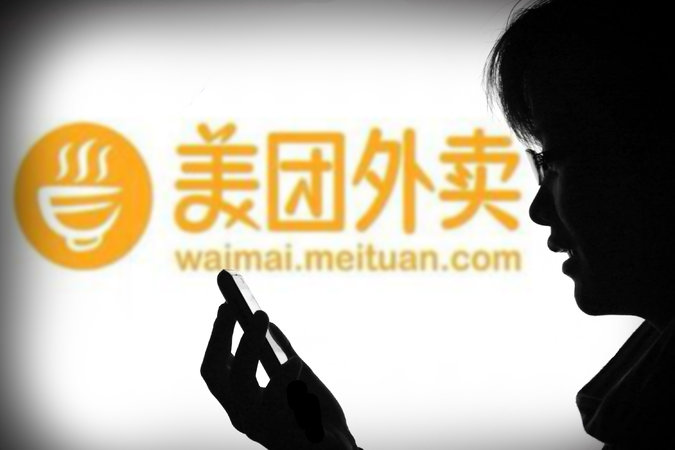
The two companies said in a news release that they would set up a new company that would help businesses sell goods and services online in China. They did not provide further details on how the new company would work. They said both Dianping and Meituan would keep their brands and management structures and operate independently.
China’s largest Internet companies are investing heavily in the $1.6 trillion online-to-offline services market, betting that the use of smartphones and tablets to book everything from hotel rooms to car rides will become mainstream. Chinese users of location-based services could rise 29 percent to 400 million by 2017, according to Internet consultancy IResearch.
A Meituan-Dianping combination would pose a threat to Baidu Inc., which is investing $3.2 billion over three years in Nuomi, its own local services venture. Baidu Chief Executive Officer Robin Li is trying to transform the search company into a provider of on-demand services.
Absolute Dominance
“The two companies merging would allow them to have absolute dominance of the group-buying market, and require less cash burn,” said Wang Weidong, an analyst at Internet consultancy IResearch in Beijing. “They will be putting a lot of pressure on competitors.”
Often compared with Groupon Inc., five-year-old Meituan is the leading player in a group-buying market worth 77 billion yuan ($12.1 billion) in the first half. It accounted for 51.9 percent of Chinese group buying transactions in the first six months, according to a report by researcher Analysys International. Dianping accounted for 29.5 percent, followed by Baidu’s Nuomi with 13.6 percent.
Chief Executive Officer Wang Xing last year said Meituan as on track to more than triple revenue to about $300 million in 2014.
Internet Rivalry
Tencent owns about 20 percent of prospective merger partner Dianping.com, co-founder Edward Long said in an interview last year. Founded in 2003, his company offers search, consumer-generated reviews and deals.
An Alibaba-Tencent tie-up in local services would mirror the creation of Didi Kuaidi this year via a merger of two competing taxi-hailing apps they separately backed.
That marriage was intended to curtail an aggressive expansion by Uber Technologies Inc. and marked a rare cooperation between companies that still compete head-to-head in entertainment, e-commerce, even banking.
Shares in Tencent gained 1.7 percent to HK$142 in Hong Kong. Spokesmen for Alibaba and Dianping declined to comment, while a representative for Meituan said the company couldn’t immediately comment. A spokeswoman for Tencent didn’t respond to a mobile-phone text message and e-mail seeking comment during a public holiday in China.